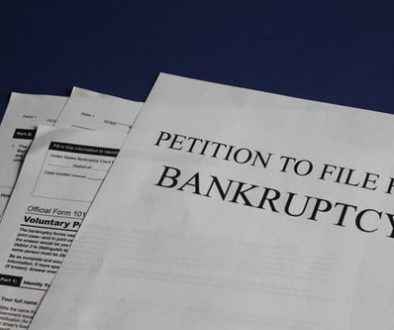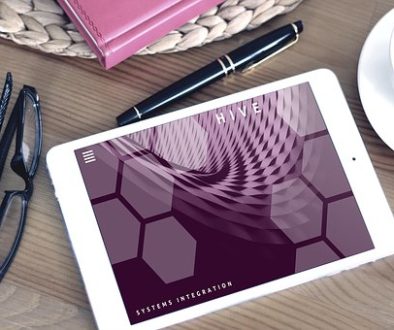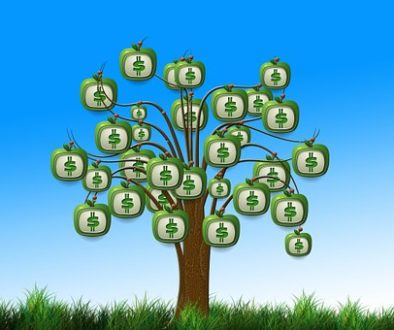When you took that SBA loan a few years back, all those papers you signed sure did have a lot of words on them, didn’t they? If you are like most people, you signed them without thinking too much about what a worst case scenario would be if you couldn’t pay that loan back.
Fast forward a few years of blood, sweat, and tears. You’ve done everything you could possibly think of to get things back on track. You’ve cut expenses. You’ve let your staff go. You stopped paying yourself. You ask the bank for a loan modification. Despite your best efforts, there is simply just not enough money to pay the bills, and you fall deeper into the hole every month.
Now that it has become apparent that you are going to default on your SBA loan, a question begins to plague you: WHAT ARE THEY GOING TO DO TO ME AND MY BUSINESS?
Here is a list of legal remedies that banks have in their bag of tricks:
Foreclosure – If you have pledged real estate or business assets of collateral, banks can initiate a foreclosure (sometimes called a writ of possession for business assets). How long that would take depends on the state, but the end result is that the bank takes possession of your property, and sells it to the highest bidder. The proceeds from the sale of your stuff will be applied to your loan balance.
Of note, a possible alternative to foreclosure is to work with the bank to perform a short sale on your real estate. In a nutshell, a short sale means that you sell the real estate for less than you owe. It won’t get you off the hook for the remaining balance due after the sale is complete, but it could fetch a higher price than a foreclosure sale, resulting in a lower deficiency amount.
Foreclosing on business assets is often done not because the assets have value, but instead as a way to shut a business down. If you don’t have inventory, tables, chairs, a cash register, etc, then you can’t continue to operate.
Judgments – A judgment is a court recognizing the legal validity of a debt. It declares to the world that John Q Public owes XYZ Bank Corp a sum of money. This information typically will be reported on the credit report the person the judgment is granted against. Once a judgment is granted, the party that the judgment is granted in favor of has the option of trying to collect on the judgment. In other words, they can try to take your personal possessions, even if you didn’t originally pledge them.
Wage Garnishment – If you owe money and have a job where you have you get paid regularly, a lender can legally take a portion of every paycheck in order to offset debt that is owed.
Tax Refund Offset – If you default on an SBA loan, the US Treasury Dept can enroll you in the Treasury Offset Program. Any tax refund you are entitled to receive in the future can be seized and applied to your debt.
The best way to avoid any of the above from happening to you is to be proactive about settling your debt. The SBA has a process in place that allows guarantors to make a settlement offer (know and Offer In Compromise, or OIC). By settling your debt now, you can avoid the financial consequences of foreclosure, judgments, wage garnishment, and tax refund offsets. The longer you wait to settle, the harder it will be to do so.
Distressed Loan Advisors (http://www.JasonTees.com) offers expert advice about dealing with SBA Loan Default and Forgiveness, and can be reached at . or..


